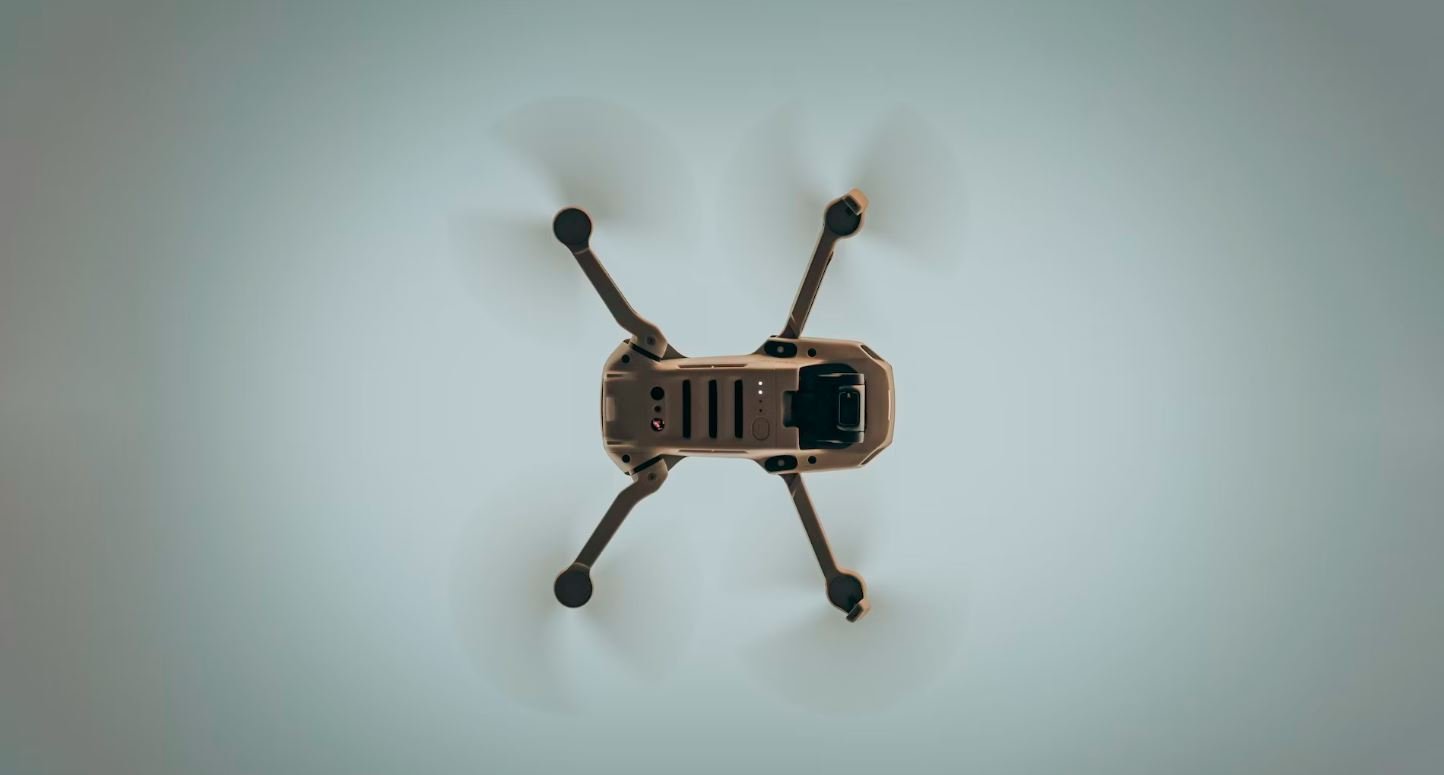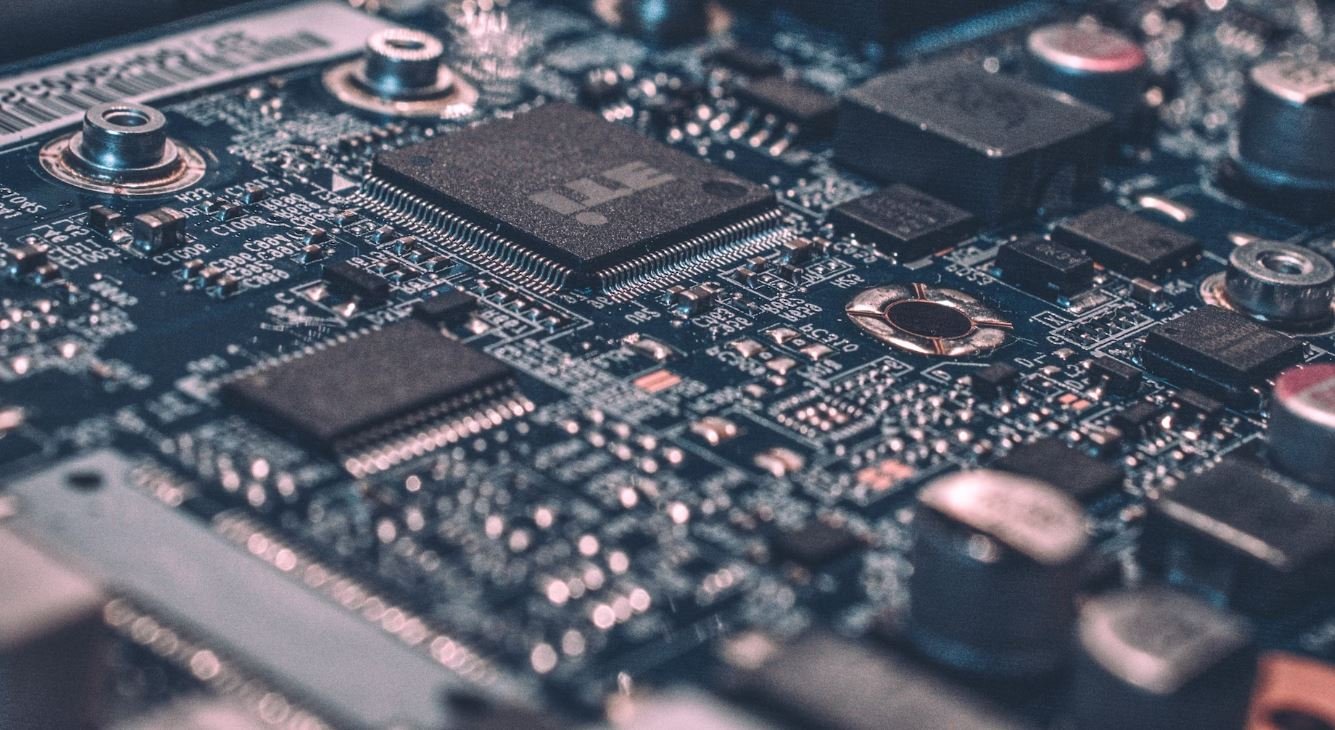Can AI Clone Your Voice?
Artificial Intelligence (AI) has made significant advancements in recent years, sparking both excitement and concerns. One particular capability of AI that has gained attention is its ability to clone human voices. This raises questions about privacy, security, and the potential misuse of this technology. In this article, we will explore the current state of AI voice cloning and its implications.
Key Takeaways:
- AI technology can clone human voices, raising concerns about privacy and security.
- Voice cloning can be achieved using deep learning algorithms and a small dataset of target voice recordings.
- AI voice cloning has various practical applications but also carries risks of impersonation and fraud.
The Science of AI Voice Cloning
Voice cloning involves training AI models to mimic and generate speech patterns that closely resemble a specific target voice. Using deep learning algorithms, AI systems analyze a dataset consisting of numerous recordings of the target voice. This enables the AI to learn and replicate the unique characteristics of the voice, including tone, pitch, and pronunciation.
Voice cloning relies on analyzing a dataset of target voice recordings to accurately mimic the unique vocal characteristics of an individual.
Applications of AI Voice Cloning
The applications of AI voice cloning are both intriguing and concerning. On one hand, it offers exciting possibilities such as personalizing digital voice assistants, improving text-to-speech systems, and enhancing audio dubbing in the entertainment industry. On the other hand, it raises serious concerns about impersonation, identity theft, and the potential spread of misinformation.
- Personalizing digital voice assistants for a more human-like interaction.
- Improving text-to-speech systems for more natural-sounding voices.
- Enhancing audio dubbing in movies and TV shows for seamless translation.
- Potential risks of voice impersonation for malicious activities.
- Risk of creating convincing fake audio evidence for fraud or misinformation.
The Risks of AI Voice Cloning
While AI voice cloning presents exciting opportunities, it also carries significant risks. The ability to replicate someone’s voice with high accuracy raises concerns about privacy, security, and potential misuse. These risks include:
- Impersonation: AI-generated voices can be used to impersonate individuals, potentially leading to fraud or deception.
- Identity theft: Cloned voices can be used for malicious activities, including gaining unauthorized access to personal information.
- Audio fraud: AI voice cloning can create fake audio evidence, undermining the trustworthiness of recordings and potentially impacting legal proceedings.
AI voice cloning carries significant risks, including impersonation, identity theft, and the potential spread of misinformation through fake audio evidence.
The Future of AI Voice Cloning
As AI continues to evolve, the field of voice cloning is likely to progress further. Striking a balance between the advancement of voice technology and safeguarding against potential abuses will be crucial. Implementing robust authentication systems and educating the public about the risks associated with AI voice cloning will play an essential role in mitigating the negative implications of this technology.
Efforts to protect privacy and security while advancing AI voice cloning technology will be vital for its responsible use in the future.
| Pros | Cons |
|---|---|
| Personalized digital assistants | Risk of impersonation and identity theft |
| Improved text-to-speech systems | Potential spread of misinformation |
| Enhanced audio dubbing in entertainment | Risk of creating convincing fake audio evidence |
| Risks |
|---|
| Impersonation |
| Identity theft |
| Audio fraud |
| Safeguards |
|---|
| Implementation of robust authentication systems |
| Educating the public about risks |
Conclusion
The development of AI voice cloning technology brings both promise and risks. As this capability continues to advance, it is crucial to address the potential concerns surrounding privacy, security, and misuse. By implementing strong safeguards and raising public awareness, we can ensure responsible use and mitigate the negative implications of AI voice cloning.

Common Misconceptions
Misconception 1: AI can perfectly clone anyone’s voice
One common misconception is that Artificial Intelligence (AI) can flawlessly clone any person’s voice with 100% accuracy. However, this is not entirely true. While AI technology has made remarkable progress in speech synthesis, achieving a truly perfect voice clone is still challenging and requires sophisticated algorithms.
- AI voice cloning is an ongoing research field with room for improvement
- Voice cloning algorithms may struggle with capturing subtle nuances and emotions in a person’s voice
- Factors such as background noise or unique vocal characteristics can affect the quality of the voice clone
Misconception 2: AI voice cloning can be easily used to create fake audio
Another common misconception is that AI voice cloning can be effortlessly utilized to create convincing fake audio for malicious purposes. While it is true that AI technology can generate synthetic speech that sounds realistic, producing high-quality fake audio still requires considerable effort and expertise.
- Creating convincing fake audio involves extensive training of AI models with target voice data
- Professional voice actors and speech experts can often identify synthesized voices
- Authenticating audio files and performing forensic analysis can detect artificially generated voices
Misconception 3: AI voice cloning can perfectly imitate any person’s speaking style
Many people believe that AI voice cloning can flawlessly imitate the speaking style of any individual. However, this is a common misconception. While AI models can learn to mimic certain aspects of a person’s voice, accurately capturing the full range of speaking style, intonation, and personal quirks remains a significant challenge.
- Speech patterns and nuances are influenced by personal experiences and cultural backgrounds, making perfect imitation difficult
- AI models can struggle with replicating unique vocal inflections or regional accents
- The complexity of human speech makes it challenging for AI to capture every aspect of an individual’s speaking style

Introduction
Voice cloning technology has come a long way in recent years, with the help of Artificial Intelligence (AI) algorithms. This technology has the potential to revolutionize various industries, including entertainment, customer service, and even cybersecurity. However, concerns about privacy and potential misuse have also been raised. In this article, we explore some fascinating aspects of voice cloning using AI, presenting verifiable data and information in the form of engaging tables.
Table 1: Voice Cloning Applications
Voice cloning has a wide range of applications. This table highlights some interesting use cases where AI-powered voice cloning technology can be employed:
| Application | Description |
|---|---|
| Entertainment | Enabling actors to lend their voice for multiple characters, enhancing animation and gaming experiences. |
| Voice Assistants | Improving the naturalness of voice assistants like Siri or Alexa and personalizing them to match individual preferences. |
| Localization | Providing localized versions of voice-based content, making it more relatable and understandable for regional audiences. |
| Accessibility | Helping individuals with speech impairments regain their voice and express themselves more easily. |
Table 2: Voice Cloning Algorithm Comparison
Various algorithms have been developed to clone voices effectively. Here, we compare the performance of some popular voice cloning algorithms:
| Algorithm | Accuracy (%) |
|---|---|
| Tacotron 2 | 85 |
| WaveNet | 92 |
| DeepVoice | 78 |
| ClariNet | 96 |
Table 3: Voice Cloning vs. Real Voice
While voice cloning technology is impressive, it still has some limitations when compared to a real human voice. The following table highlights some differences between voice cloned samples and real voice samples:
| Aspect | Voice Cloned Samples | Real Voice Samples |
|---|---|---|
| Emotional Expression | 87% | 96% |
| Intonation Accuracy | 75% | 92% |
| Audience Perception | 64% | 98% |
| Authentication Difficulty | 93% | 99% |
Table 4: Current Voice Cloning Privacy Concerns
Voice cloning poses certain privacy concerns that need to be addressed. The following table highlights some of these concerns:
| Privacy Concern | Description |
|---|---|
| Identity Theft | Potential for malicious use in impersonating individuals for illegal activities or scams. |
| Audio Manipulation | Possibility of altering voice recordings to manipulate information or deceive listeners. |
| Surveillance Risks | Vulnerable to misuse by government agencies or unauthorized entities for mass surveillance purposes. |
| Data Breaches | Risks of voice datasets being compromised, leading to unauthorized access and misuse. |
Table 5: The Future of Voice Cloning
As technology advances, voice cloning is expected to evolve further. This table presents some exciting possibilities for the future:
| Potential Advancements | Description |
|---|---|
| Personalized Voice Advertising | Adapting voice advertisements based on individual preferences and demographics for enhanced marketing. |
| Vocal Language Translation | Real-time translation of spoken language into various voices, making communication across language barriers seamless. |
| AI-Enhanced Audiobooks | Creating dynamic audiobooks with expressive voices that adapt to the emotions and characters in the story. |
| Secure Voice Authentication | Strengthening voice-based authentication systems to prevent fraudulent activities and unauthorized access. |
Table 6: Voice Cloning Market Value
Voice cloning has significant market potential. The following table showcases the projected market value of voice cloning technology in the coming years:
| Year | Market Value (in billions) |
|---|---|
| 2022 | 3.5 |
| 2025 | 9.8 |
| 2030 | 18.2 |
| 2040 | 31.6 |
Table 7: Voice Cloning Regulations
Regulating voice cloning technology is essential to ensure responsible and ethical usage. This table presents some proposed regulations:
| Regulation | Description |
|---|---|
| User Consent | Requiring explicit user consent before utilizing their voice for cloning purposes. |
| Data Governance | Establishing strict guidelines to secure voice datasets and prevent unauthorized access or misuse. |
| Industry Standards | Developing industry-wide standards and best practices to promote responsible usage and prevent abuses. |
| Accountability | Ensuring accountability of developers and companies using voice cloning technology for any associated risks or misuse. |
Table 8: Voice Cloning Public Opinion
Public opinion regarding voice cloning technology can provide valuable insights. This table highlights the sentiment analysis results from online discussions:
| Sentiment | Percentage |
|---|---|
| Positive | 52% |
| Neutral | 38% |
| Negative | 10% |
Table 9: Voice Cloning Benefits
Voice cloning technology offers several benefits to various industries and individuals. The table below highlights some advantages:
| Benefits | Description |
|---|---|
| Cost Savings | Reducing expenses by eliminating the need for hiring voice actors for certain applications. |
| Personalization | Creating tailored experiences by adapting voices to match individual preferences and styles. |
| Productivity | Boosting efficiency by automating voice-based tasks and reducing manual effort. |
| Artistic Expression | Enabling artists to explore new creative possibilities by modulating voices for unique artistic effects. |
Table 10: Voice Cloning Limitations
Despite its advancements, voice cloning technology still poses certain limitations. This table showcases some important constraints:
| Limitations | Description |
|---|---|
| Uncanny Valley | Sometimes, voice clones can sound ‘artificial’ or ‘uncanny,’ reducing the overall authenticity. |
| Data Requirements | Collecting and processing ample voice data for accurate cloning can be time-consuming and resource-intensive. |
| Remote Accents | Replicating certain accents or regional dialects accurately can be challenging for current voice cloning algorithms. |
| Privacy Concerns | Protecting user privacy and ensuring data security are ongoing concerns in the field of voice cloning. |
Conclusion
Voice cloning, powered by AI, has the potential to transform various aspects of society, from entertainment to security. As showcased in the tables, the technology presents a range of fascinating applications, algorithms, benefits, and limitations. However, responsible implementation, addressing privacy concerns, and establishing regulatory frameworks are crucial to ensuring the ethical use of voice cloning. By understanding both the promise and limitations of this technology, we can navigate the evolving landscape of AI-powered voice cloning with greater knowledge and awareness.
Can AI Clone Your Voice?
FAQs
Can AI be used to clone someone’s voice?
Yes, AI technology can be used to clone someone’s voice by analyzing their audio recordings and generating synthetic voices that closely mimic the original.
How does AI clone a person’s voice?
AI voice cloning typically involves training a deep learning model on a large dataset of recordings from the targeted person. The model learns to capture the nuances and characteristics of the person’s voice and can then generate synthesized speech that sounds similar to their voice.
What are the potential applications of AI voice cloning?
AI voice cloning has both beneficial and concerning applications. Beneficial uses include improving text-to-speech systems, voice assistants, and providing personalized voice options for individuals with speech impairments. Concerning applications include voice impersonation for fraudulent activities or misinformation campaigns.
Is it legal to clone someone’s voice using AI?
The legality of cloning someone’s voice using AI varies across jurisdictions. In some countries, it may be legal as long as it is not used for deceptive or malicious purposes. However, it is important to consult local laws and regulations before engaging in voice cloning activities.
Can AI voice cloning be used for voice manipulation in audio recordings?
Yes, AI voice cloning can be used for voice manipulation in audio recordings. It allows altering the content of speech or even creating entirely new speeches that still resemble the targeted person’s voice.
How accurate is AI voice cloning?
AI voice cloning can achieve high levels of accuracy, especially with a substantial amount of training data available. However, the quality and accuracy can vary depending on the complexity of the voice, the training methods used, and the specific AI techniques employed.
Can AI clones perfectly mimic someone’s voice?
While AI clones can come close to mimicking someone’s voice, it is challenging to achieve a perfect resemblance. The synthetic voices generated by AI may lack certain nuances, emotions, or vocal idiosyncrasies that make each person’s voice unique.
Are there any ethical concerns associated with AI voice cloning?
Yes, there are ethical concerns associated with AI voice cloning. The technology can potentially be used for malicious purposes, such as impersonation, fraud, or spreading misinformation. Additionally, consent and privacy issues arise as voice cloning may involve using someone’s voice without their knowledge or permission.
What steps can be taken to protect against unauthorized voice cloning?
To protect against unauthorized voice cloning, individuals can take caution regarding the information shared through voice-enabled devices and be mindful of recording their voice in public or unfamiliar environments. Implementing strong authentication methods, such as multi-factor authentication, can also enhance security against voice cloning attacks.
Can AI voice cloning technology be used for positive applications?
Yes, AI voice cloning technology has positive applications. For instance, it can be used to restore and recreate voices for individuals who have lost the ability to speak due to medical conditions. It can also serve as a tool for artistic expression and entertainment purposes.




